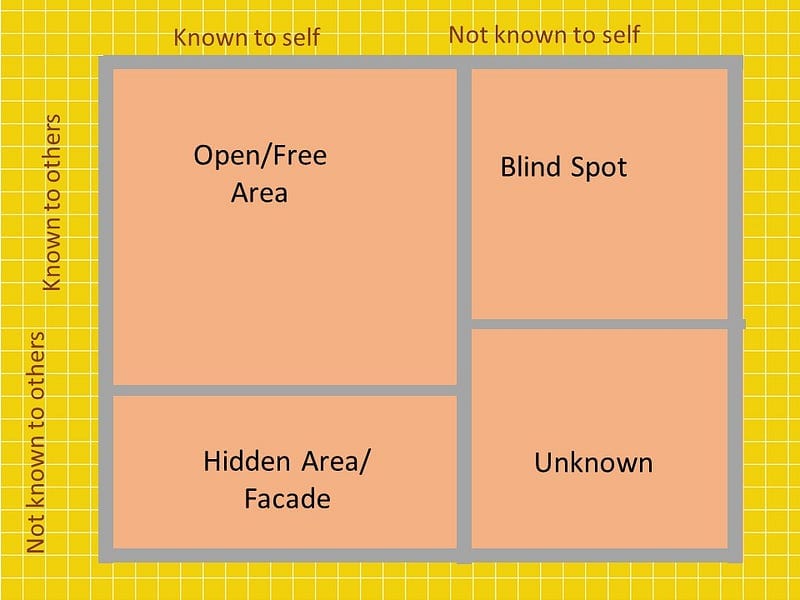Know Your Self And Know Others With Johari Window Theory
The Johari Window is a psychological tool that helps individuals better understand themselves and their relationships. Developed by…

The Johari Window is a psychological tool that helps individuals better understand themselves and their relationships. Developed by psychologists Joseph Luft and Harry Ingham in 1955, this model is based on the idea that there are aspects of our personality known to ourselves and others, as well as aspects unknown to both parties.

What is the Johari Window?
The Johari Window is divided into four quadrants, each representing a different type of information:
- Open Area: Known to self and others
- Blind Spot: Known to others, not known to self
- Hidden Area: Known to self, not known to others
- Unknown Area: Not known to self or others
How to Apply the Johari Window
To apply the Johari Window to discover your strengths and weaknesses, start by soliciting feedback from others. This can help you uncover blind spots and areas you may not be aware of. Reflect on this feedback and consider how it aligns with your self-perception.
Next, expand your open area by sharing more about yourself with others. This can help build trust and deepen your relationships. Additionally, self-reflect to uncover aspects of yourself that may be hidden even to you.
Benefits of Using the Johari Window
By using the Johari Window model, individuals can gain valuable insights into their personality, behavior, and relationships. This self-awareness can lead to personal growth, improved communication, and stronger interpersonal connections.
Ultimately, the Johari Window is a powerful tool for self-discovery and personal development. By actively exploring all four quadrants of the window, individuals can uncover hidden aspects of themselves, enhance their self-awareness, and cultivate more meaningful relationships with others.



